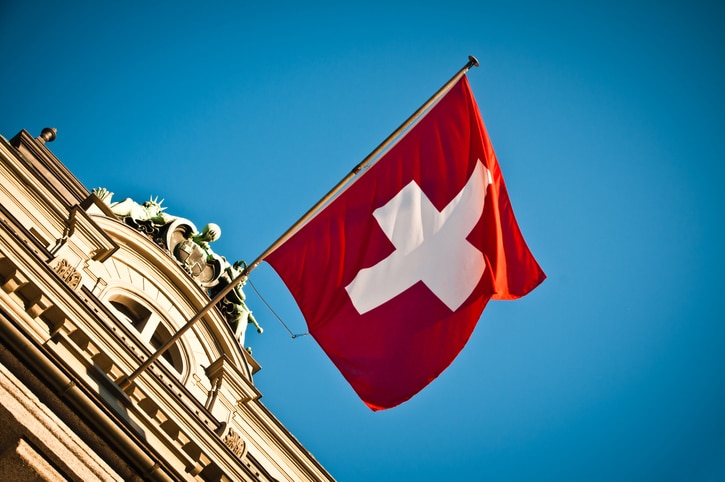Retaliatory prosecution, loyalty oaths and an “intelligence system” comprised of business and political elites continue to severely limit the freedom of people in Switzerland to safely report corruption, a new report finds.
“Secrecy laws, the lack of transparency, and the failure to protect whistleblowers are viewed as significant problems both inside and outside the country,” concludes “Stalemate: Whistleblower Protection in Switzerland” by the Charles Léopold Mayer Foundation and Whistleblowing International Network.
“In Switzerland, dismissals, criminal and civil sanctions for breaching confidentiality, moral harassment, mobbing, discrimination and pressure are only some of the actions taken against whistleblowers,” the report says.
Even as EU countries are in the midst of passing new whistleblower laws, Switzerland remains in the minority of European countries with no legal protections whatsoever at the national level. The OECD said in July it is “highly concerned” about Switzerland’s lack of a whistleblower law and other anti-corruption reforms.
“There are strong obligations on Swiss workers to uphold their duties of confidentiality and loyalty to their employers,” the groups’ report says, “and few, if any, protections for blowing the whistle on wrongdoing.”
“In some sectors, such as banking,” it continues, “secrecy laws mean whistleblowers can and are held criminally liable for making disclosures.” Among those who have been prosecuted in Switzerland are tax evasion whistleblowers Rudolf Elmer of Julius Bär and Hervé Falciani of HSBC.
The Swiss Federal Assembly has been debating the issue at least since 2003, “but without any success.” Progress stopped in 2020 when a “limited law” that would have softened the loyalty oath for employees was rejected. Under these oaths, according to the report, employees may only report misconduct within the workplace or to public authorities “in very limited circumstances.” Also rejected in 2020 was a legislative proposal aimed at ending the prosecution of whistleblowers, as part of a so-called “Just Culture.”
The report was finalized in November based on information gathered from whistleblowers, lawyers, NGOs, journalists and academics during a three-day visit by the two groups in Bern, Geneva and Lausanne. WNN obtained an advance copy of the report before its release.
Among the groups’ more important findings, they identified “a particular kind of Swiss ‘intelligence system’ between financiers, companies, judges, and lawyers” that many large companies utilize to protect their reputations, promote their interests globally and safeguard their operations.
These intertwining networks make it difficult for vulnerable employees who have insider evidence about corruption to find independent support, the report says, or to rely on the “normal levers of accountability that those in other parts of the world depend.”
For now, hope of progress may come in the form of local initiatives. In January 2022 the city of Geneva passed a law intended to protect public employees, guarantee confidentiality and allow anonymous reports. Several cantons have enacted some procedures, including Basel-Stadt, as well as cities such as Bern, Winterthur and Zurich.
In a step backward for free speech, however, the groups’ report cites a 2015 amendment to the Swiss Banking Act under which journalists can be imprisoned for up to three years if they publish certain leaked information – “even when the public interest in the information is clear.” The groups said restricting media freedom is especially problematic since “there are few other avenues for the public to learn about wrongdoing.”
On the crucial issue of public perception and cultural acceptance, the groups made another important finding: “There is a tendency within Switzerland to wait for the ideal whistleblower to convince the public they can support whistleblowers in general.” This burden, they said, forces whistleblowers “to prove they are deserving of support rather than focusing on the public value of the substance of their concerns.”
